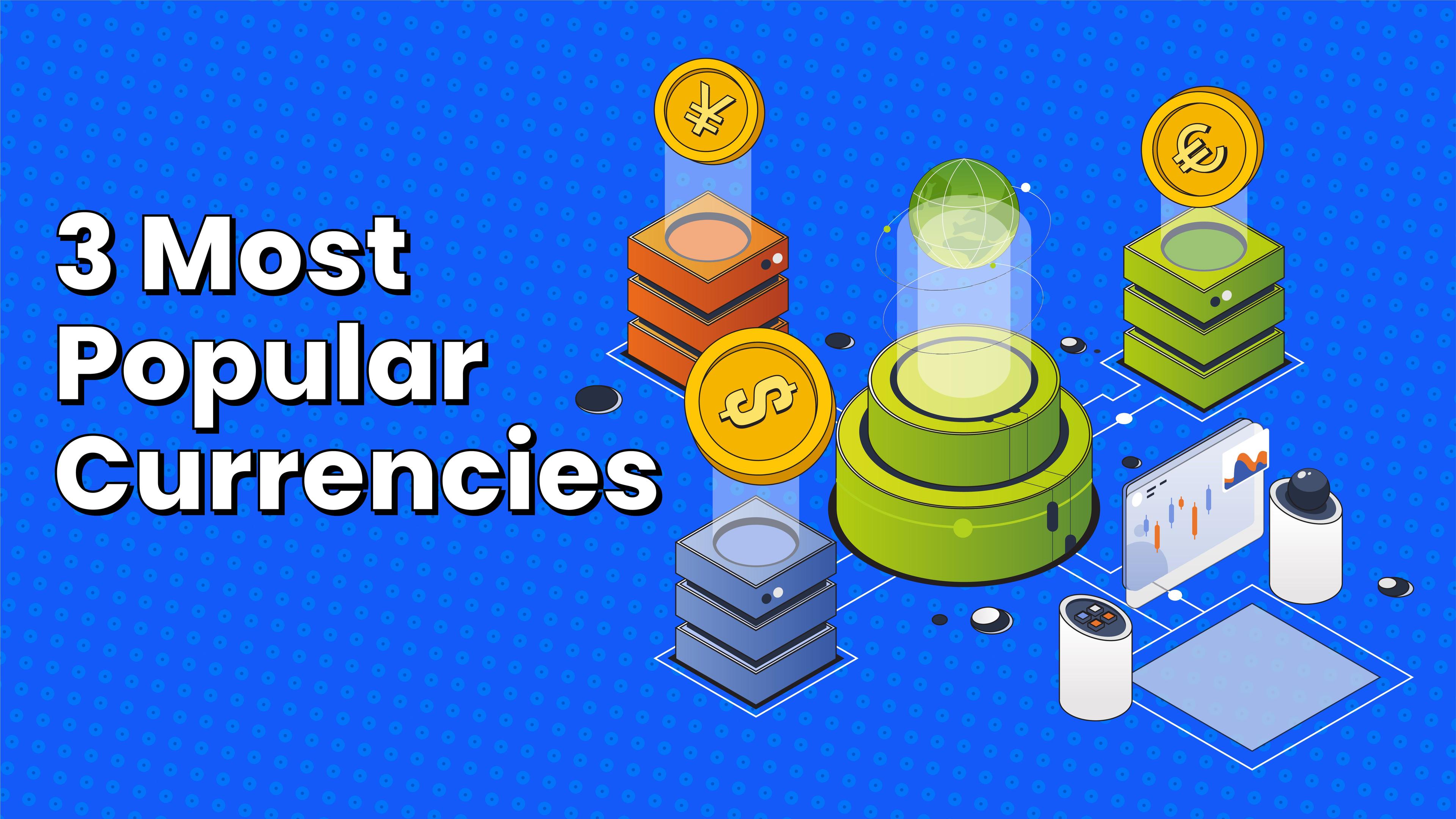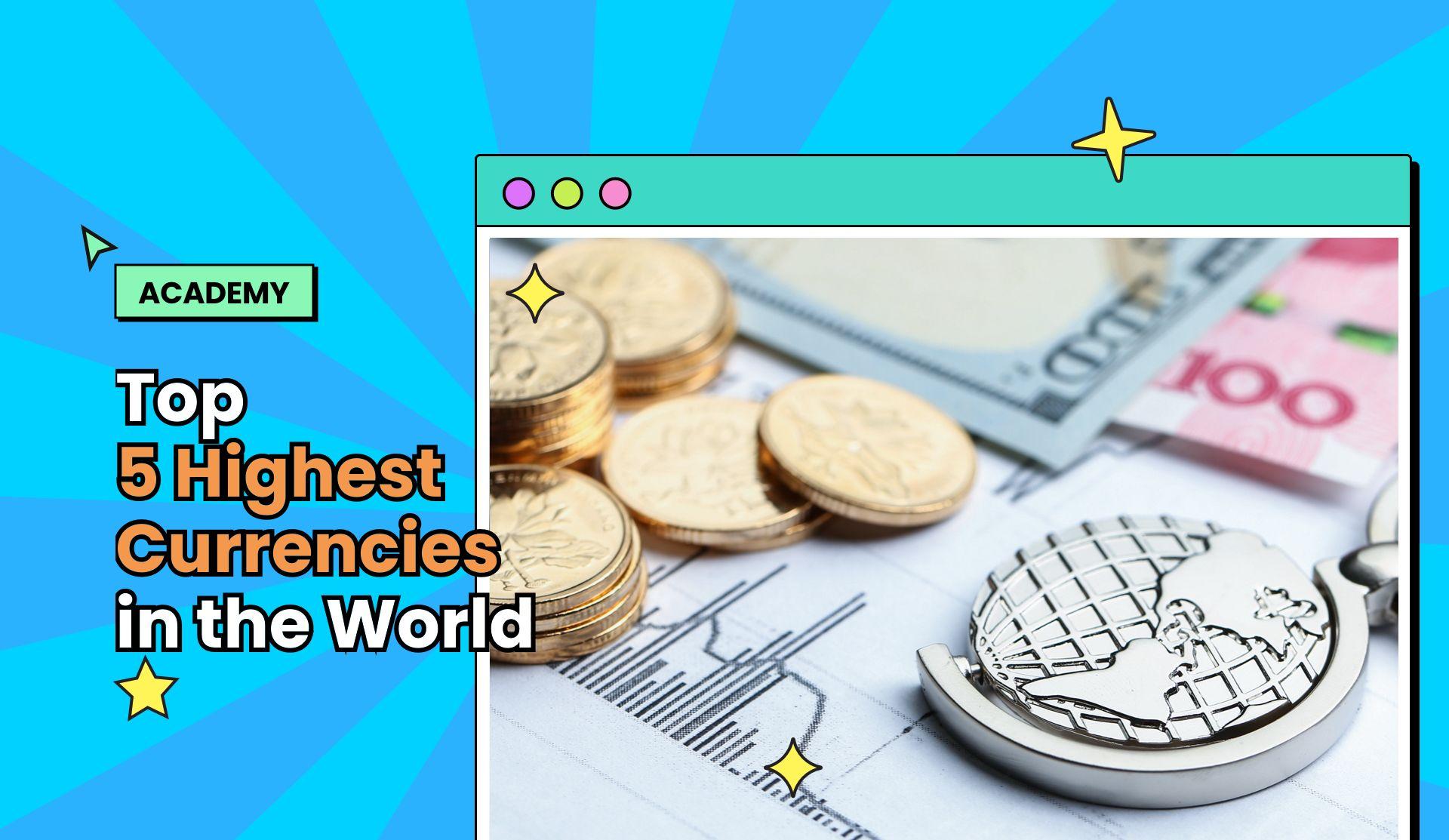5 Features Influencing Currency Exchanges Rate





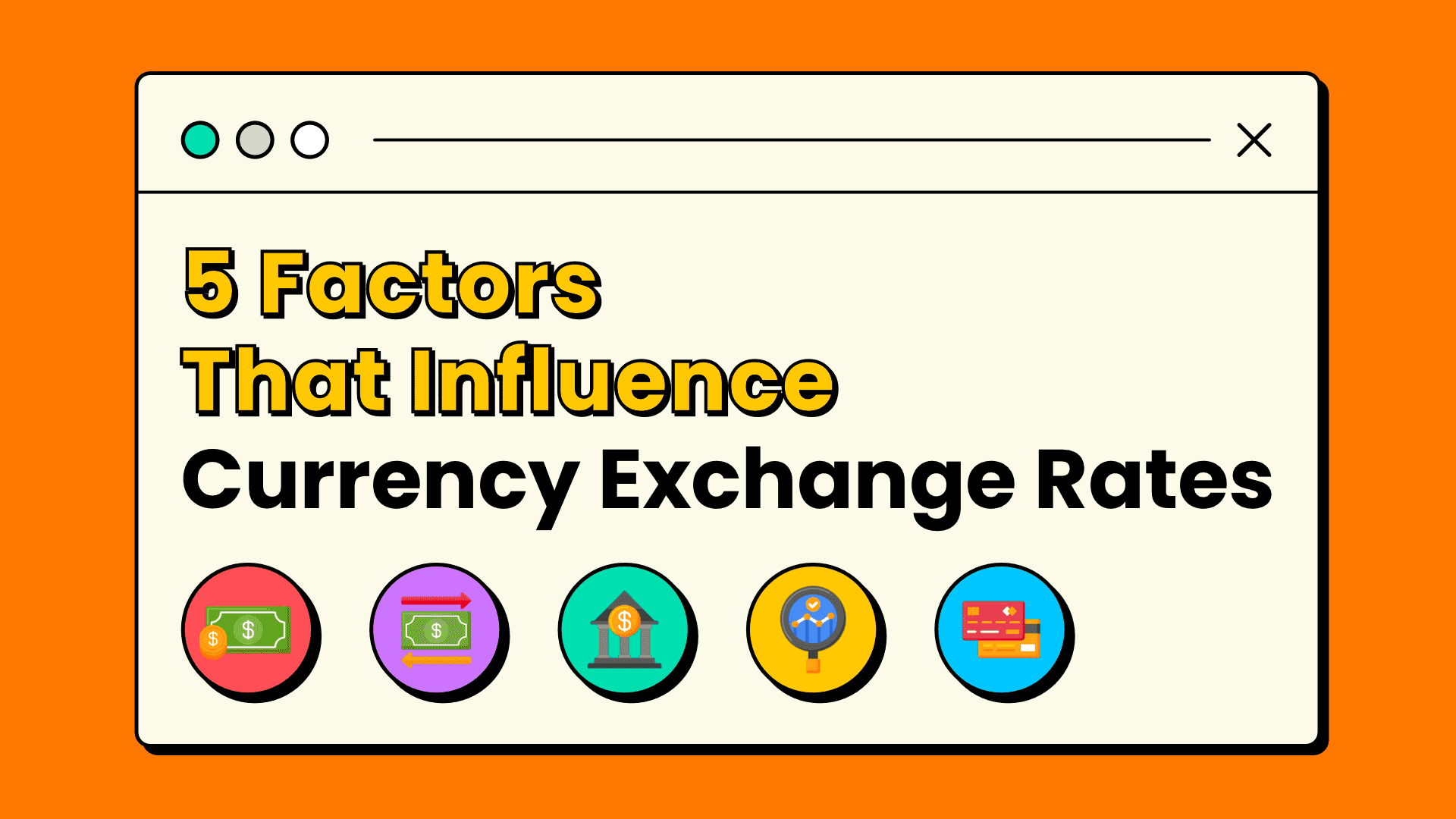
Have you ever asked yourself how exchange rates are determined but were afraid to ask? As one of the most important determinants of a country's relative level of economic health, currency exchange rates are among the most watched, analyzed, and governmentally manipulated economic measures. For this reason, currency Exchange rates play a vital role in a country's level of trade and are critical to most every free market economy in the world.
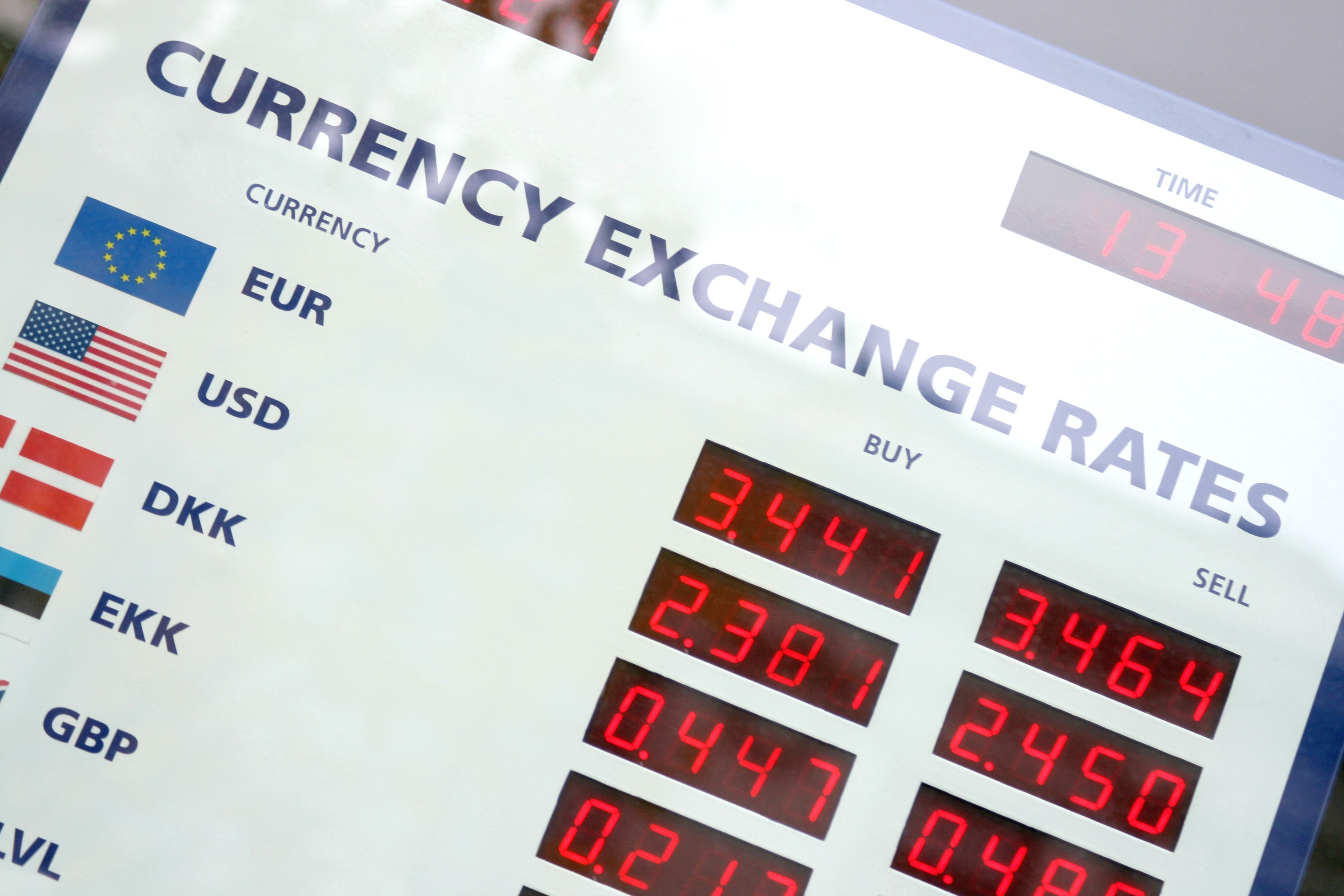
What is a Currency exchange rate?
A Currency exchange rate can be defined as a rate at which one currency will be exchanged for another, affecting trade and the movement of money between countries. Exchange rates are impacted by both the domestic currency value and the foreign currency value. Exchange rates also matter on a smaller scale: they move the actual return of an investor's portfolio.
There are several forces behind exchange rate movements, and it is helpful to understand how these affect one country's trading relationship with other countries. Although it is not always easy to understand, track, or even anticipate these factors, it pays to know them, especially if you are interested in foreign currency. It is worth noting that these factors affect currency exchange rates at a macroeconomic level, meaning they affect global currency exchange rates and not local exchange rates.
Understanding Currency Exchange Rates
The Currency exchange rate between two currencies is commonly determined by the economic activity, market interest rates, gross domestic product, and unemployment rate in each country. Commonly called market exchange rates, they are set in the global financial marketplace, where banks and other financial institutions trade currencies around the clock based on these factors.
A currency exchange rate is commonly quoted using an acronym for the national currency it represents. For example, USD represents the U.S. dollar, while EUR represents the euro, and GBP represents the British Pound. To quote the currency pair for the dollar and the euro, it would be EUR/USD. In the case of the Japanese yen, it's USD/JPY, or dollar to yen. An exchange rate of 100 means that 1 dollar equals 100 yen.
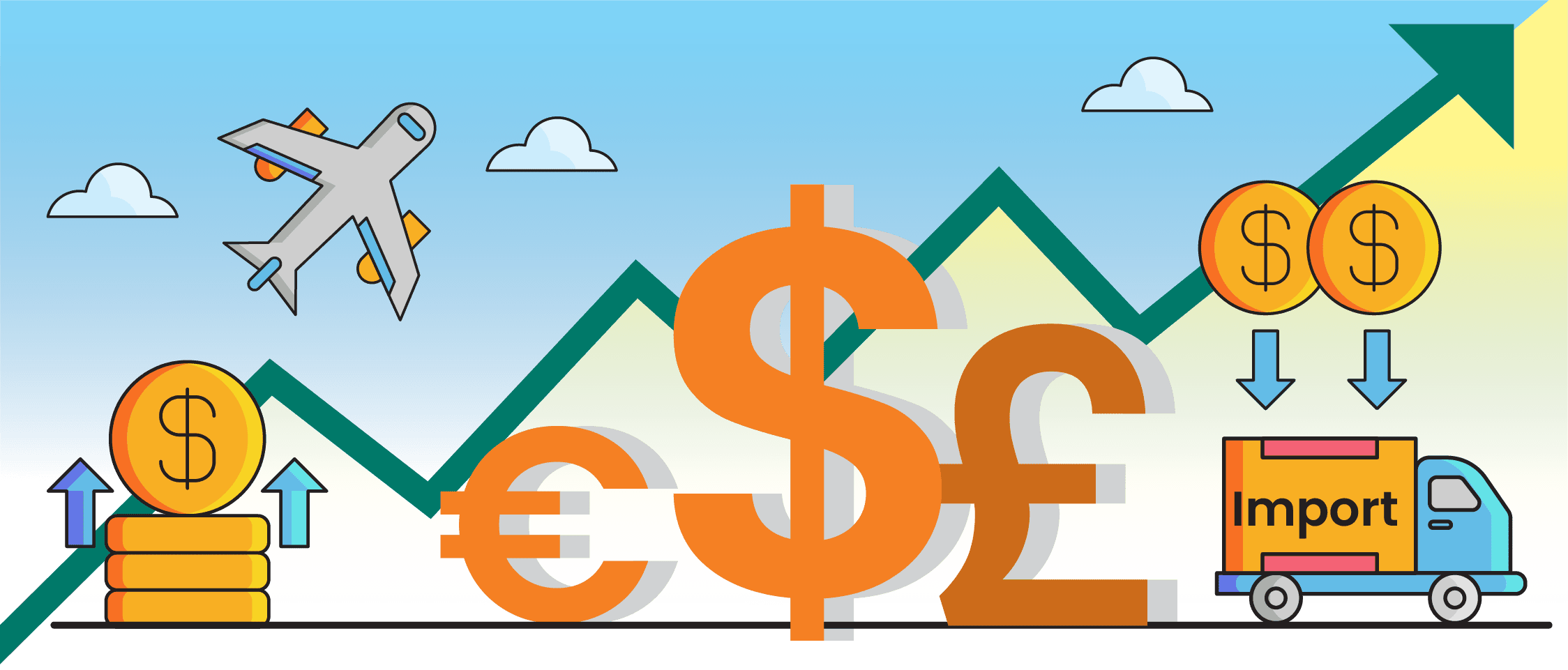
Overview of Currency Exchange Rates
Before we look at the numerous factors influencing currency exchange rates, we should sketch how exchange rate movements affect a nation's trading relationships with other nations. A higher-valued currency makes a country's imports less expensive and exports more expensive in foreign markets. A lower-valued currency makes a country's imports more expensive and exports cheaper in foreign markets. A higher exchange rate can worsen a country's trade balance, while a lower exchange rate can be expected to improve it.

Let's now look at 5 common factors and explain how each influences the currency exchange rates:

The rate at which the general level of prices for goods and services is rising is known as the inflation rate. Inflation rates generally impact a country's currency value. Typically, a country with a consistently lower inflation rate exhibits a rising currency value as its purchasing power increases relative to other currencies. Conversely, countries with higher inflation typically see depreciation in their currency to the currencies of their trading partners, and higher interest rates usually accompany this. This to say, For example, it might cost one unit of currency to buy an apple in one country but cost a thousand units of a different currency to buy the same apple in a country with higher inflation.
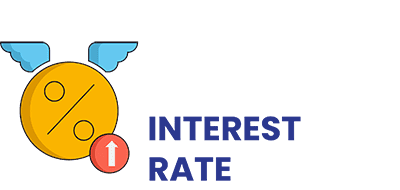
Exchange rates, interest rates, and inflation rates are all interconnected. Central banks exert influence over inflation and exchange rates, and changing interest rates impact inflation and currency values. An increase in interest rates causes a country's currency to appreciate, as lenders are provided with higher rates, thereby attracting more foreign capital. This can cause a rise in the value of a currency and, therefore, the exchange rate. Cutting interest rates, on the other hand, can lead to a depreciation of the currency.
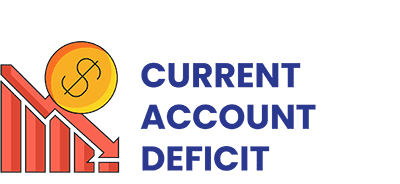
The current account deficit is closely related to the balance of trade. In this scenario, a country's balance of trade is compared to those of its trading partners. If a country's current account deficit is higher than that of a trading partner, this can weaken its currency relative to that country's currency. Countries with positive or low current account deficits tend to have stronger currencies than those with high deficits.

Sometimes, currencies are affected by the confidence (or lack thereof) traders have in a currency. Currency changes from speculation tend to be irrational, abrupt, and short-lived. For example, traders may devalue a currency based on an election outcome, especially if the result is perceived as unfavourable for trade or economic growth. In other cases, traders may be bullish on a currency because of macroeconomic news, which may buoy the currency, even if the economic news itself did not affect the currency fundamentals.

Countries will use large-scale deficit financing to pay for public sector projects and governmental funding. While such activity stimulates the domestic economy, nations with large public deficits and debts are less attractive to foreign investors. The reason? A large debt encourages inflation, and if inflation is high, the debt will be serviced and ultimately paid off with cheaper real dollars in the future(devalued currency). Sometimes, a government might print money to finance debt, which can drive inflation.

How to keep updated with Financial News
There are many ways to receive immediate news about your investments or the markets. Often, the best method is a combination of smartphone alerts and news site tickets on computer and television screens. Although there is more news than ever, you are responsible for following the news outlets you trust. Some are more impartial than others.

Looking to stay updated on the current financial news around the clock? Pocket Trader is an essential tool that gives you the opportunity to stay informed on the latest news surrounding different currency pairs while engaging with an active community of experienced traders that can help you refine trading ideas. All you have to do is sign up on the pocket trader website or the Pocket Trader mobile app by downloading the app from the google play store or the Apple store and then visiting the news section. You can choose to start trading using a Demo Account to learn the tricks of the trade in a safe, risk-free environment before you commit real money while still getting the most out of linking up with more experienced traders.

